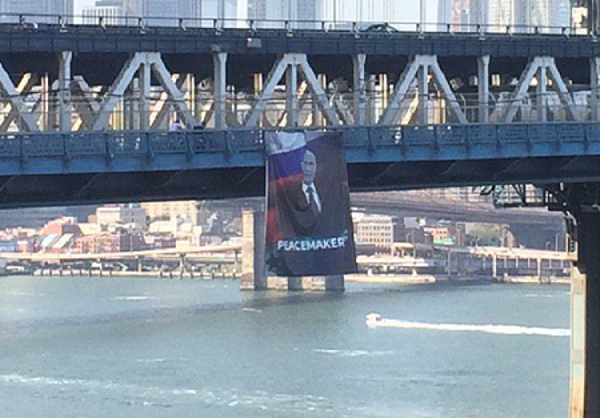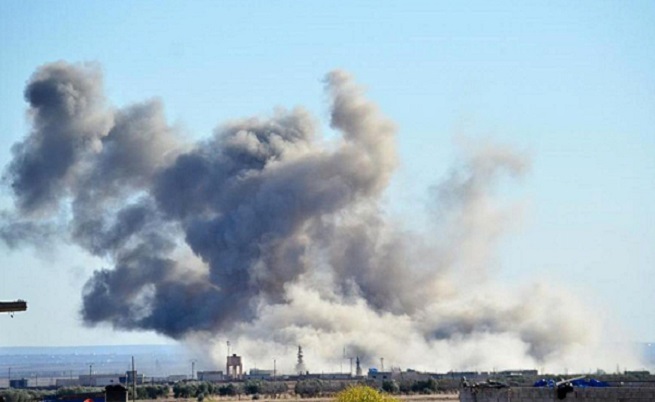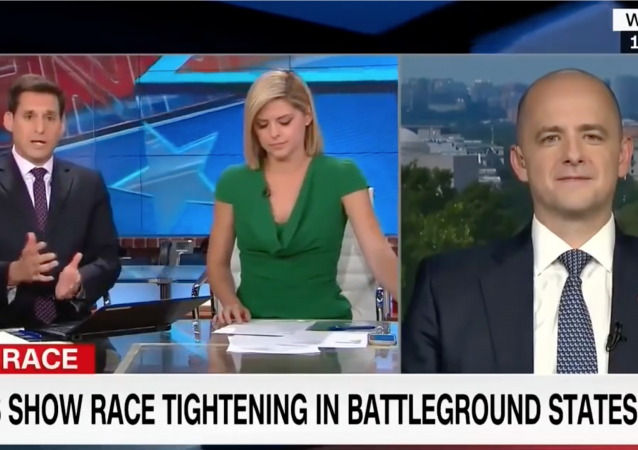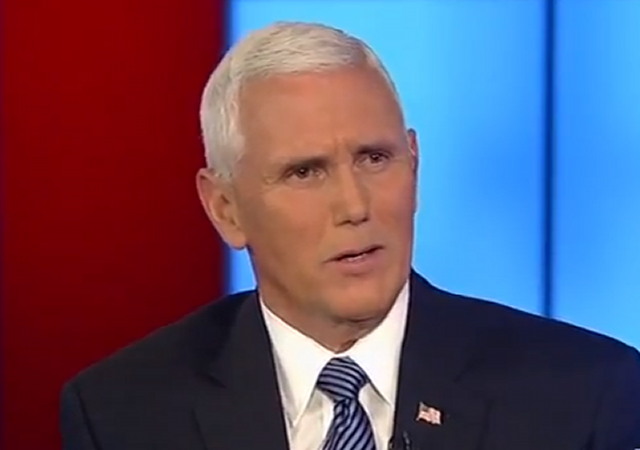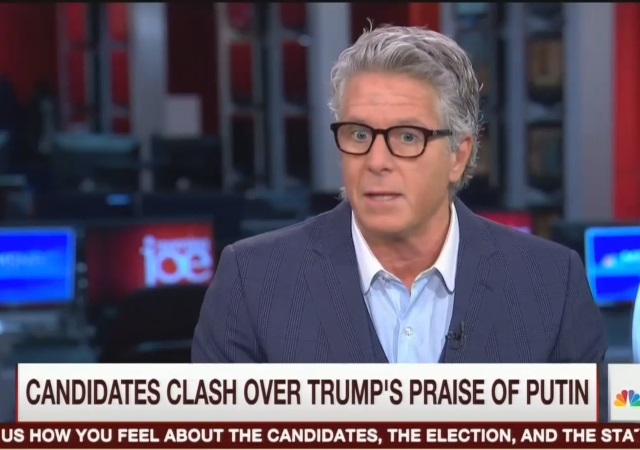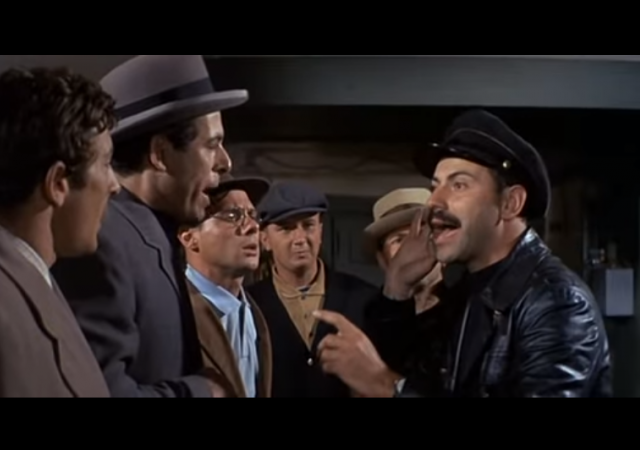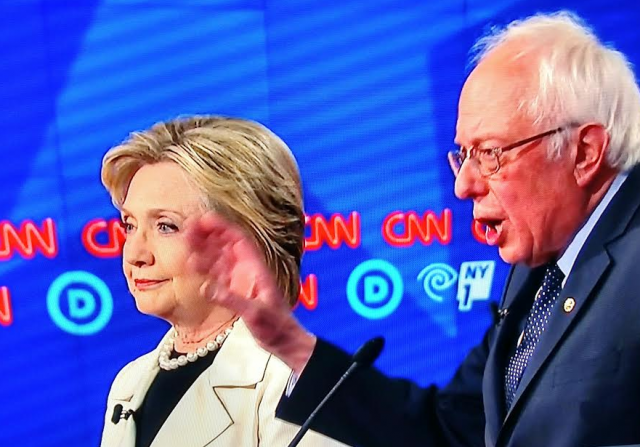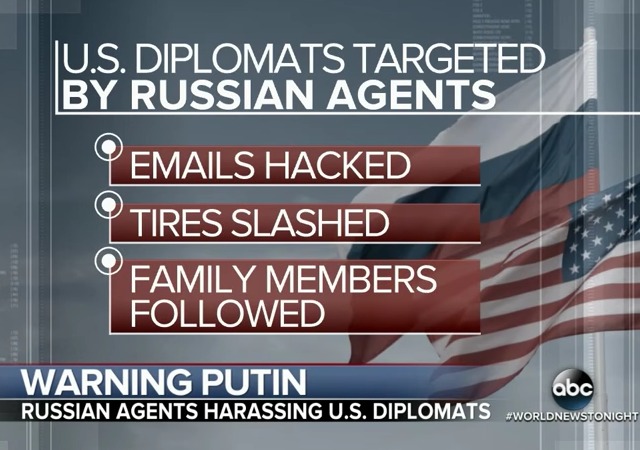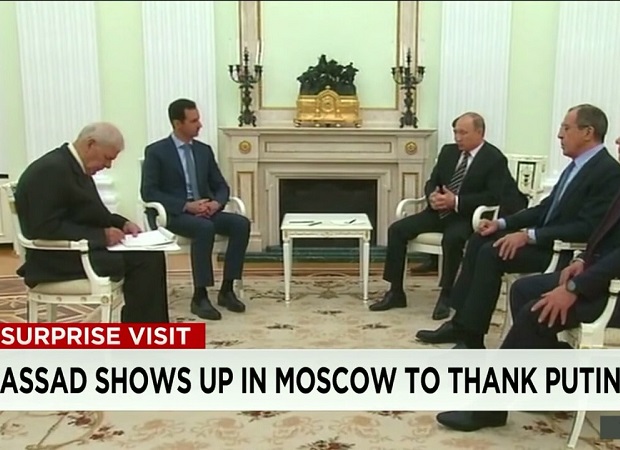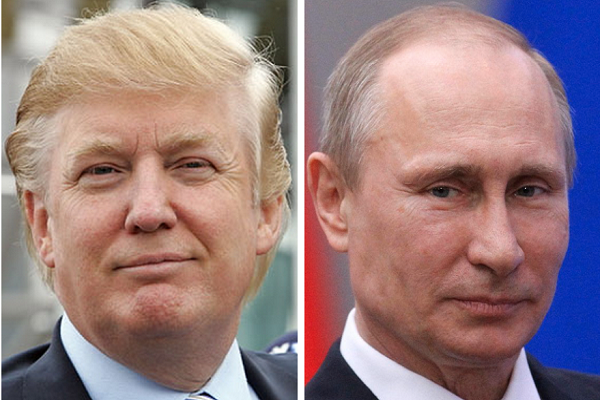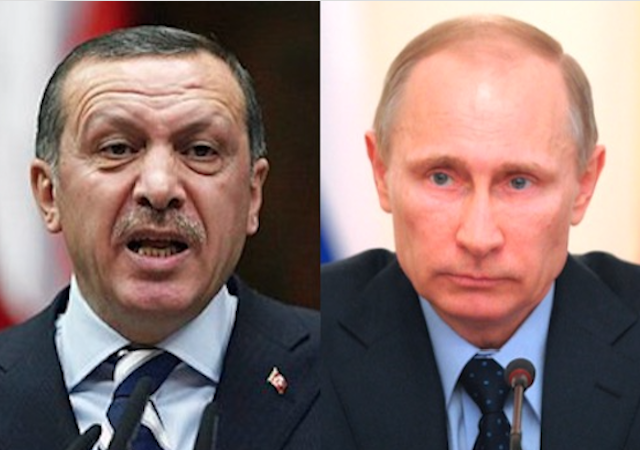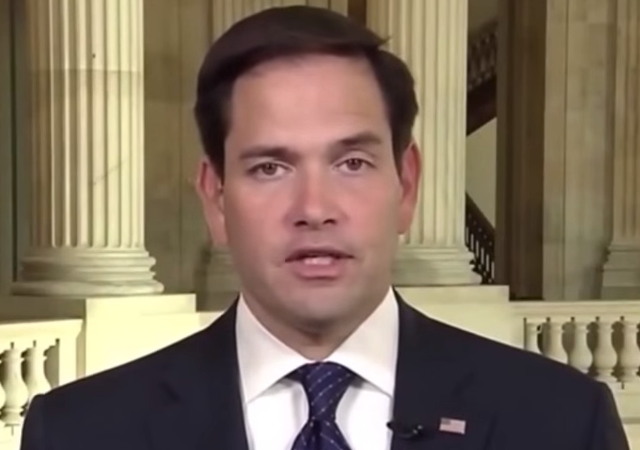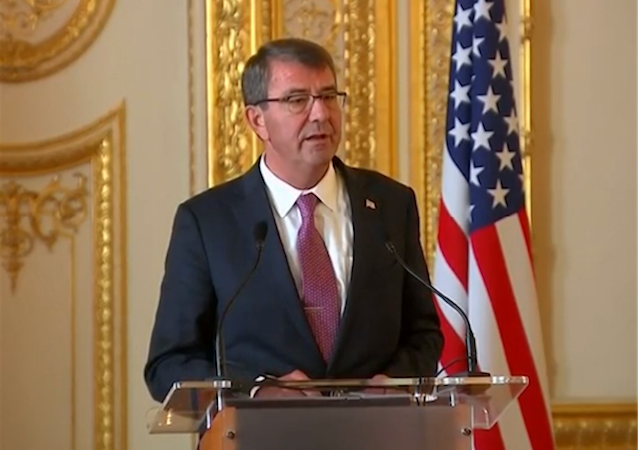In a rather surprising move, Russia's president Vladimir
Putin announced Monday that he would begin withdrawing troops from Syria the very next day. Those of us watching the Middle East carefully were not only surprised by the move but also intensely curious about possible motivations and what the move will ultimately mean in the region, particularly with regard to Israel.
Tuesday, retired U. S. Army lieutenant colonel Ralph Peters offered a compelling analysis of Putin's move and of what it means not only in the Middle East but, ultimately, for the United States.
Positing that Putin has quickly seen—Russia's been in Syria only
since September—that the power that will emerge in the region will be Iran's, not Russia's, Peters concludes that Putin's decision was based in cold, hard reality.
In his article, "The Syrian War Just Taught Putin to Worry About Iran," for the
The New York Post,
Peters writes:

